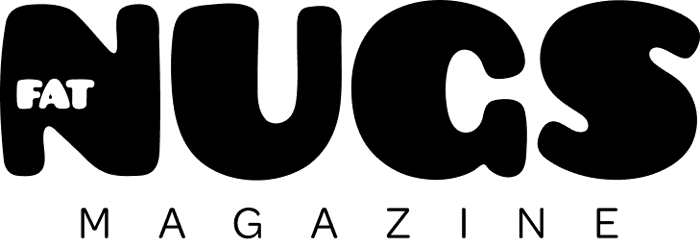IN THE BEGINNING
Read Part I, THE BEGINNING.
THE BACKSTORY: I’ve been a performing artist since childhood, attending conservatories and extracurricular programs, primarily in musical theatre. As an only child, I often performed alongside adults, using performance to gain approval where my academic performance lacked.
My father, an academic linguist turned businessman, struggled with opioid addiction, relying on prescriptions like Vicodin and Soma. His chronic pain, stemming from college sports injuries and osteopenia, led to overmedication, a common story of the opioid crisis.
OPIOID CRISIS AND FAMILY IMPACT
The opioid crisis affected my family deeply. Doctors overmedicated my father, causing severe dependency. At his worst, he suffered a stroke during heart surgery, leaving him with aphasia. My mother, overwhelmed with caregiving responsibilities and running their business, passed away from a ruptured aneurysm.
Cannabis was not an accessible option for my father or mother, though it could have provided relief. The lack of medical alternatives beyond pharmaceuticals added to the challenges they faced.
FROM TEXAS TO CALIFORNIA
After living in Texas, where I experienced the harsh realities of drug enforcement, I returned to California, witnessing firsthand the transformation in cannabis legislation. Though I benefited from cannabis, I faced legal consequences that still impact me, including job restrictions and lack of health insurance.
CANNABIS ADVOCACY
I believe the cannabis industry has the potential to promote worker rights, create sustainable jobs, and lead in healthcare reform. People should be as aware of their endocannabinoid system as they are of their birth charts. Cannabis can be a tool for self-discovery and healing.
Check back next week for the next installment, where I discuss my hiring at “Red.”


